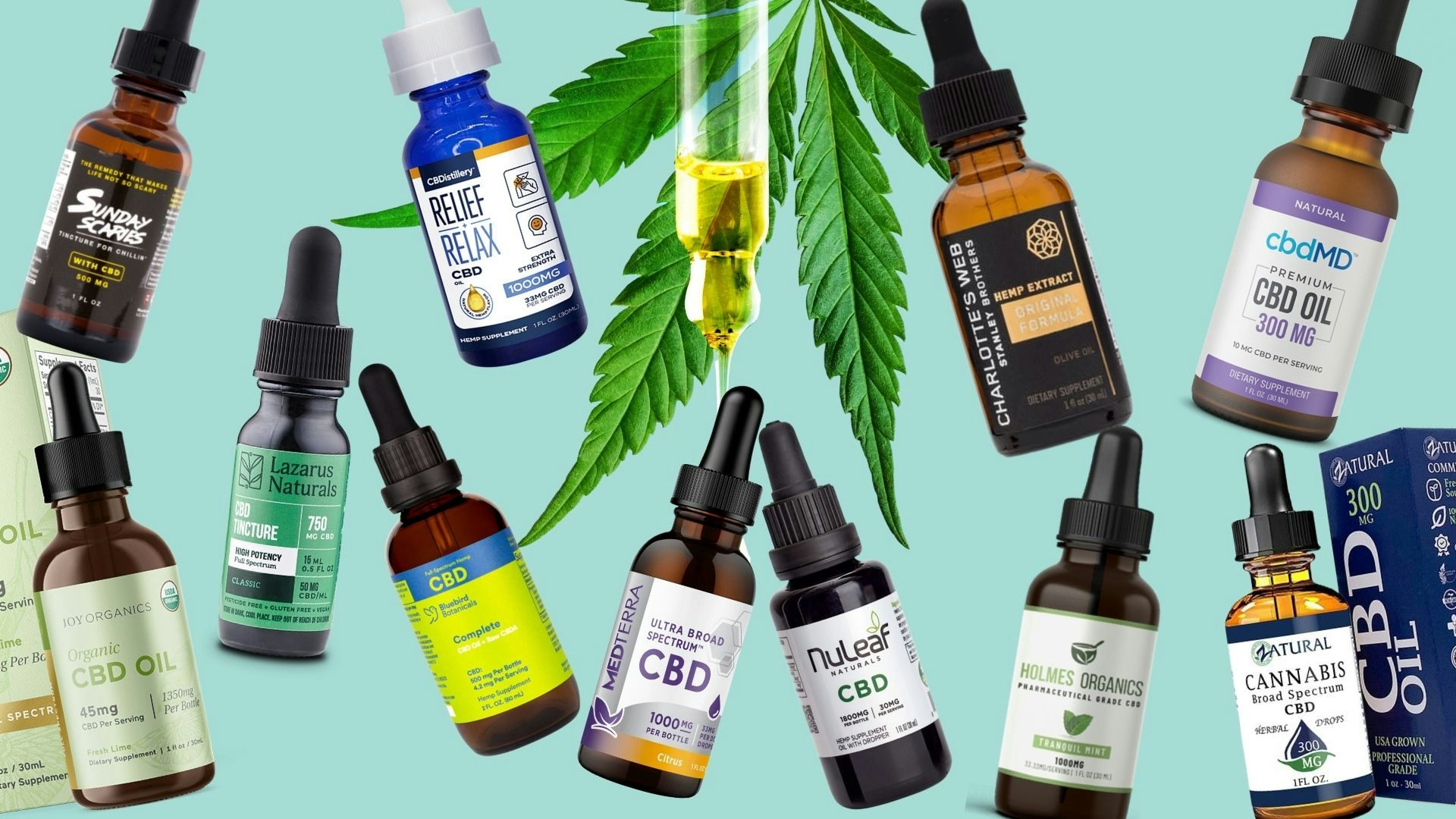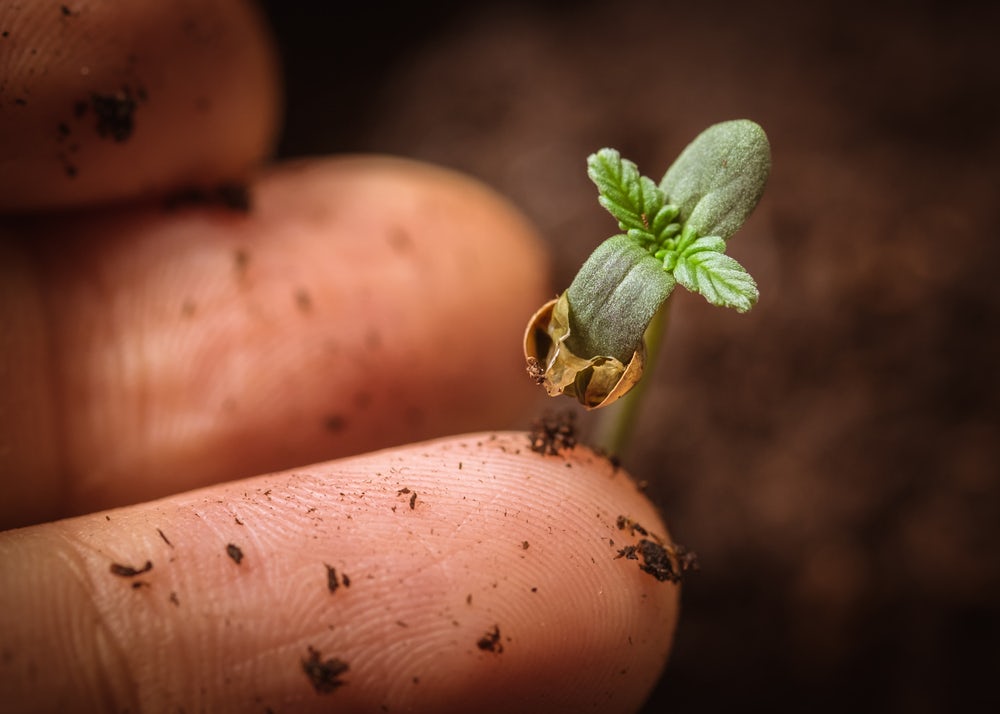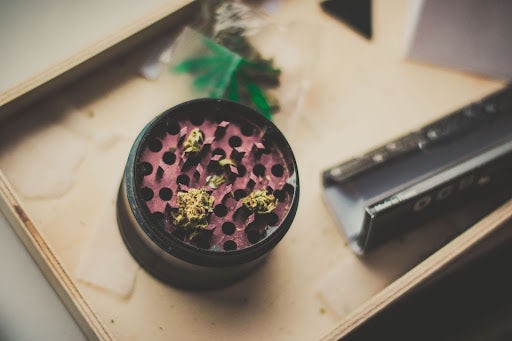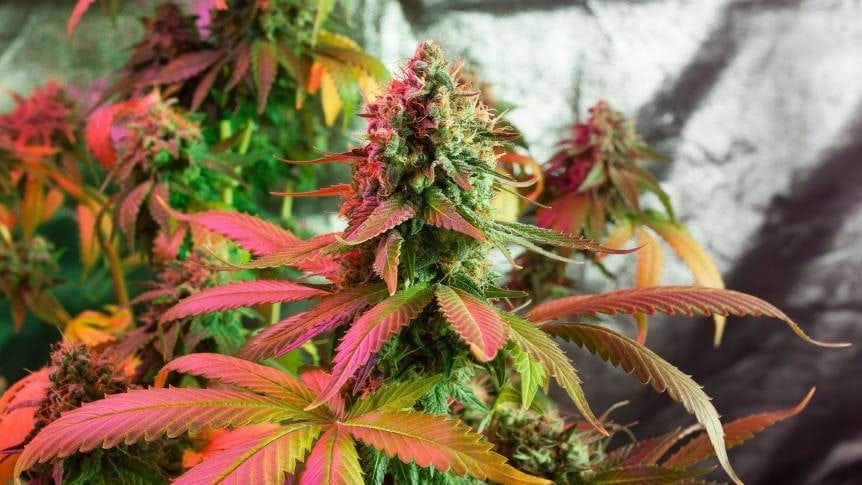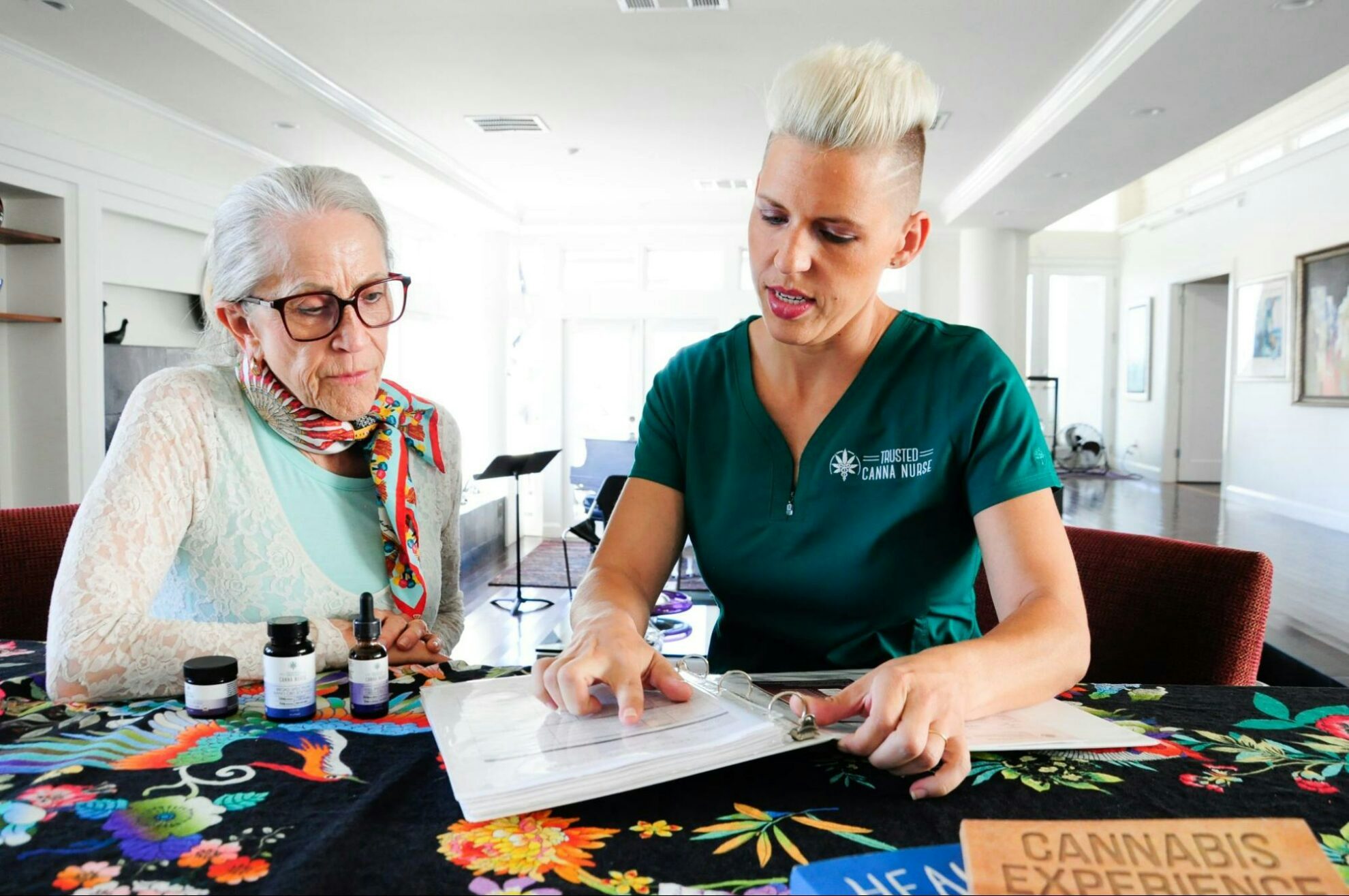Much can be said about the potential of cannabis to improve human health. Scientific studies are being published almost every day showing the potential benefits of cannabis for everything from epilepsy to chronic pain to psoriasis and brain trauma. However, cannabis’ potential does not end at treating life-altering diseases and conditions. Marijuana can also be used to improve and enrich life in many other dimensions.
Wellness is a concept that arose in recent decades to describe a state of being that is far beyond health, and includes physical, mental, and social well-being. According to scholars from Stanford University and the London School of Economics, wellness refers to “choices and activities aimed at achieving physical vitality, mental alacrity, social satisfaction, a sense of accomplishment, and personal fulfillment.”1
Following this definition, wellness is not reserved for the healthy. While health and disease can be antonyms, wellness and disease can coexist, and patients with long-lasting conditions can enjoy elevated states of well-being.
1. Reducing daily stress

One of the most common reasons people consume cannabis is as a way to cope with the stress of daily life. According to the American Institute of Stress, stress is most commonly defined as “physical, mental, or emotional strain or tension.” While scientists agree that a certain amount of “good stress” or “eustress” is positive for tackling the daily challenges of life, too much of it can have serious consequences in health and well-being.
According to a report by the American Psychological Association, 77% of Americans regularly experience physical symptoms caused by stress like fatigue, headaches, stomach ache, and muscle tension, and 73% regularly experience psychological symptoms due to stress like irritability and sadness.
While stress is a response to an external factor, anxiety is considered the internal reaction to that response. In that way, one doesn’t have to be diagnosed with an anxiety disorder to experience anxiety due to money, work or relationship trouble.
Cannabis, especially at lower doses, may be a positive tool in reducing stress and anxiety. One study of over 11,000 cannabis use sessions found that over 58% of participants had a reduction of these symptoms after consuming THC-rich cannabis at lower doses. CBD has been found to reduce stress-related anxiety regardless of the dose.
2. Improving focus

Many people who choose to consume cannabis for extra-medical reasons do it in their leisure time. Others use it to tackle everyday activities like work or study.
Most scientific research relating cannabis to concentration has been done in regards to serious medical conditions like attention deficit hyperactivity disorder (ADHD). While this field of study is still being explored, there’s a strong link between ADHD and dysregulation of the endocannabinoid system, and preliminary evidence suggests that cannabis may improve symptoms of ADHD.
For those who don’t suffer from a diagnosed attention deficit disorder but still could use a hand getting things done, cannabis can be of help. In recent years, a large amount of anecdotal evidence has been accumulated by many users who report that specific cannabis chemovars help them “get in the zone” at work or other activities that require focusing3[/efn_note]. This may be a result of the plant’s potential to block out outside stimuli and place one’s full focus on the current task at hand.
3. Sparking creativity

The use of cannabis among the artistic and creative communities throughout history is very well documented. However, one doesn’t have to be a famous musician from the 1960s to take advantage of cannabis’ potential for creativity. Creative problem solving is an ability that can be applied to any aspect of life, and is especially helpful in work environments.
THC, cannabis’ primary psychoactive compound, has been found to stimulate the release of dopamine in the brain4. Dopamine is a neurotransmitter that has been widely associated with “divergent thinking,” which is the ability to form loose associations in order to come up with new ideas5.
Divergent thinking is described as one side of the creative process, while “convergent thinking” is the other. In order to generate novel ideas and solutions, the loose associations sparked by divergent thinking must be converged into a working solution to the problem at hand.
However, another study found that too much THC can actually hinder divergent thinking6. In this research, lower doses of THC are found to produce better creativity.
While the scientific study of cannabis in relation to stress reduction, concentration and creativity is still at its first steps, a lot of anecdotal evidence shows that the use of the plant for this purpose has existed for many decades, even centuries.
Sources
- Naci, H., & Ioannidis, J. P. (2015). Evaluation of Wellness Determinants and Interventions by Citizen Scientists. JAMA, 314(2), 121–122. https://doi.org/10.1001/jama.2015.6160
- 2Mitchell, J. T., Sweitzer, M. M., Tunno, A. M., Kollins, S. H., & McClernon, F. J. (2016). “I Use Weed for My ADHD”: A Qualitative Analysis of Online Forum Discussions on Cannabis Use and ADHD. PloS one, 11(5), e0156614. https://doi.org/10.1371/journal.pone.0156614
- Bossong, M. G., van Berckel, B. N., Boellaard, R., Zuurman, L., Schuit, R. C., Windhorst, A. D., van Gerven, J. M., Ramsey, N. F., Lammertsma, A. A., & Kahn, R. S. (2009). Delta 9-tetrahydrocannabinol induces dopamine release in the human striatum. Neuropsychopharmacology : official publication of the American College of Neuropsychopharmacology, 34(3), 759–766. https://doi.org/10.1038/npp.2008.138
- Käckenmester, W., Bott, A., & Wacker, J. (2019). Openness to experience predicts dopamine effects on divergent thinking. Personality neuroscience, 2, e3. https://doi.org/10.1017/pen.2019.3
- Kowal, M. A., Hazekamp, A., Colzato, L. S., van Steenbergen, H., van der Wee, N. J., Durieux, J., Manai, M., & Hommel, B. (2015). Cannabis and creativity: highly potent cannabis impairs divergent thinking in regular cannabis users. Psychopharmacology, 232(6), 1123–1134. https://doi.org/10.1007/s00213-014-3749-1
Sign up for bi-weekly updates, packed full of cannabis education, recipes, and tips. Your inbox will love it.

 Shop
Shop Support
Support
